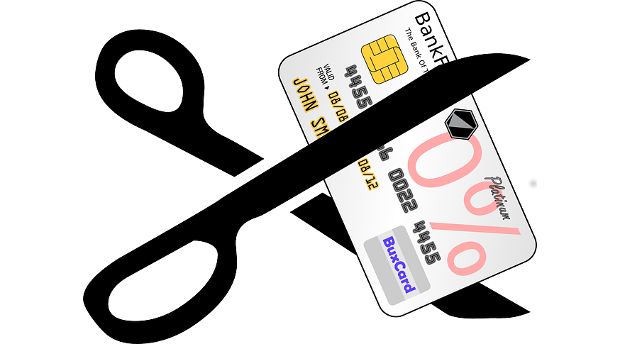Was Boss’ Order to Sign for Receipt of Cash Payment “Unreasonable?”
Post Views 1An employer at a law firm was paying his employees in cash whenever possible, and they would endorse an unsigned paycheck as receipt. One woman refused to sign, stating – later in court – that she needed a signed check for government financial assistance. She was terminated for noncompliance, and a lawsuit followed.
When employees at the firm were exceeding the one-hour lunch break to cash their paychecks, the employer began paying in cash when cash was on hand. This policy was already in effect when the plaintiff was hired as a legal secretary. About a year and a half later, the woman refused to sign the paycheck, insisting that the unsigned check was invalid. Her employer reminded her that it was intended as a receipt only. The next day, she still refused to sign, and she was informed that she would be fired if she did not comply. That day was the woman’s final day at the firm.
She filed a complaint with the Department of Labor (DOL), alleging a violation of the Virgin Islands Wrongful Discharge Act (WDA). At the DOL hearing, the woman said for the first time that she needed a signed paycheck for financial assistance from the Women, Infants and Children Program (WIC) and for food stamps. She admitted that she never supplied her employer or the office manager with a WIC form. The DOL Commissioner found in the woman’s favor and awarded her back pay.

A Court of Appeals reviewed the case. Appellate judges concentrated on the central issue: whether or not the employer’s order to sign the paycheck as receipt of payment was reasonable. Firstly, the court decided that the cash policy was reasonable by benefitting both the boss and his workers. Judges disagreed with the woman’s argument of the paycheck’s validity, as it was meant as a receipt, and further noted that her claim of unreasonableness applied only to her. There was likewise no support for the argument that an employee’s personal needs supersede an employer’s order.
The appeals court saw WDA only requiring that the order be reasonable, not that its reasonableness be determined on a case-by-case basis. Appellate judges also cited the employer having provided other employees with written verification for government assistance, as well as the woman’s failure to inform her boss of the specific need for the endorsement – she claimed in court she had told him that she needed it for “personal business” – and the fact that a signed paycheck was one of numerous ways to verify her income for the WIC. The appeals court concurred with the dissenting judge and reversed the district court’s ruling of a WDA violation and reversed the award of back pay.
Was Boss' Order to Sign for Receipt of Cash Payment "Unreasonable?" by Harrison Barnes



 Want to Attract Top Talent to Your Company? Have a Purpose
Want to Attract Top Talent to Your Company? Have a Purpose  6 Ways to Make Your Employees Happier
6 Ways to Make Your Employees Happier  Overwhelmed at Work? 7 Simple Strategies to Make Things Better
Overwhelmed at Work? 7 Simple Strategies to Make Things Better  What’s Lacking in the Work Place
What’s Lacking in the Work Place  Top 5 Areas You Should Cut Costs in Your Business in 2016
Top 5 Areas You Should Cut Costs in Your Business in 2016  Top 10 Most Popular Granted Employer Articles of 2017
Top 10 Most Popular Granted Employer Articles of 2017  Telecommuting Doesn’t Work for All Jobs
Telecommuting Doesn’t Work for All Jobs  How to Deal with Negative Employees
How to Deal with Negative Employees